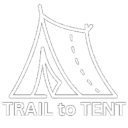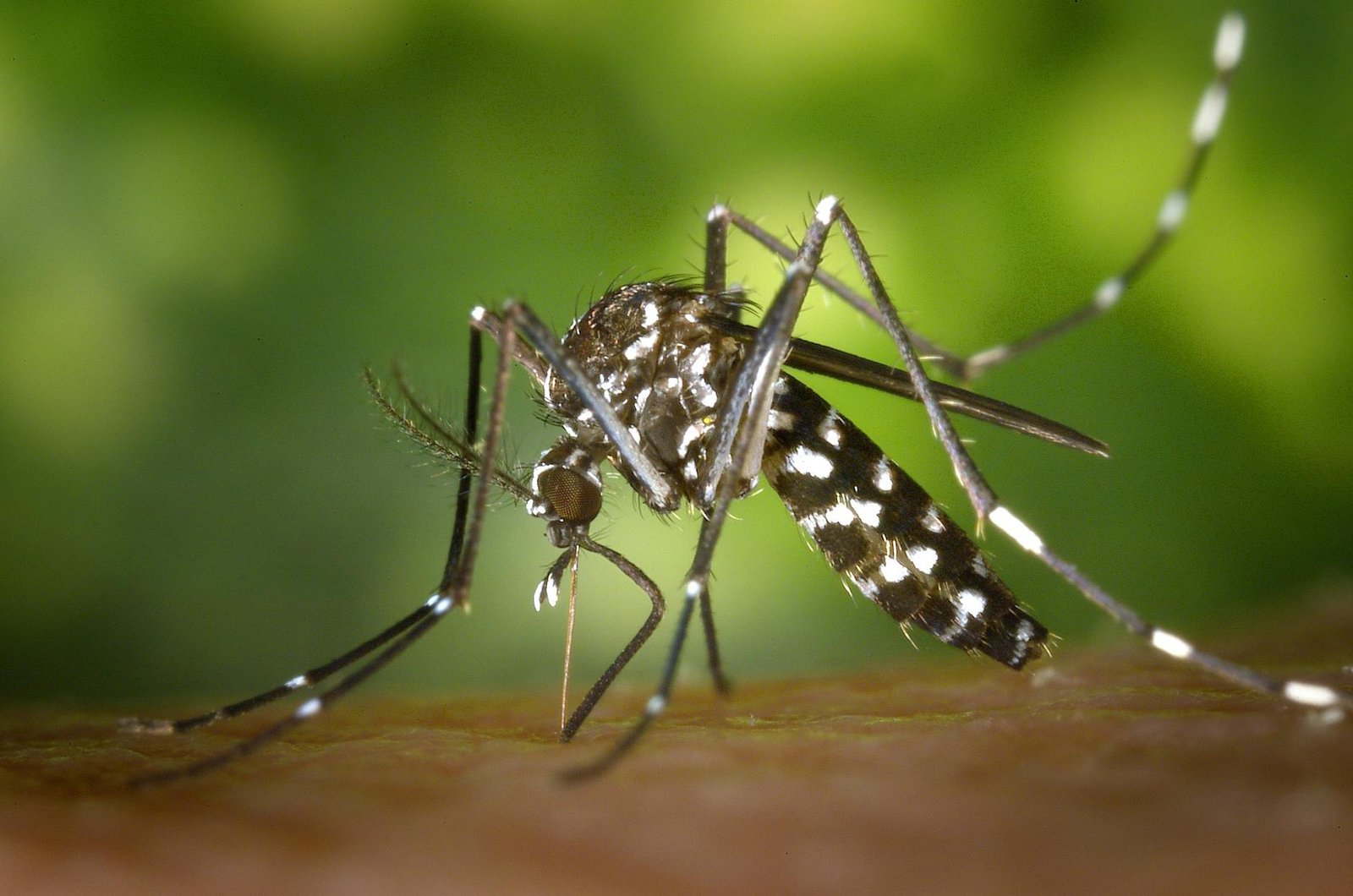Camping offers the chance to escape the hustle and bustle of everyday life, connect with nature, and create lasting memories. While it’s an enjoyable and often peaceful activity, it’s not without its risks. Accidents and injuries can happen, whether it’s a minor cut or a more serious mishap. Knowing how to respond when you get injured in a camp is crucial for your safety and the well-being of your fellow campers. In this article, we will explore the essential steps to take if you find yourself injured during a camping trip.



1. Assess the Situation
The first step when you realize you’ve been injured is to assess the situation calmly. Check the severity of the injury, and if possible, identify the cause. This initial assessment will help you determine the appropriate course of action.
2. Ensure Your Safety
Your safety is the top priority. If you’re in immediate danger, such as near a cliff edge or in a wildfire-prone area, move to a safer location first. Do not put yourself at further risk while attending to your injury.
3. Control Bleeding
If your injury involves bleeding, apply direct pressure to the wound using a clean cloth, bandage, or your hand if necessary. Elevate the injured area if possible to help reduce bleeding.
4. Clean and Cover the Wound
For minor wounds, wash the injured area with clean water and mild soap if available. Cover the wound with a sterile bandage or dressing to prevent infection. If the injury is more severe or if you suspect a fracture or dislocation, do not attempt to realign bones or close wounds yourself. Wait for professional medical help.
5. Use First Aid Supplies
Carry a well-stocked first aid kit with you on every camping trip. It should include essentials like bandages, adhesive tape, antiseptic wipes, tweezers, scissors, pain relievers, and any personal medications you may need. Familiarize yourself with the contents of your first aid kit before your trip and know how to use them.
6. Seek Help
If the injury is severe or if you’re unsure about its seriousness, seek medical assistance immediately. Call 911 or the emergency services number in your area if you have cell phone coverage. If not, inform someone in your camping group about the situation and ask for their help in getting assistance.
7. Stay Hydrated
Staying hydrated is crucial for your overall well-being, especially when injured. Drink water to prevent dehydration, which can exacerbate the effects of an injury.
8. Keep Warm
If the weather is cold or you’re in a remote area, it’s important to stay warm to avoid hypothermia. Use extra clothing or blankets to insulate yourself from the cold ground and to regulate your body temperature.
9. Document the Incident
Make a note of how the injury occurred, the time it happened, and any relevant details. This information may be useful for medical professionals or insurance claims.
10. Rest and Monitor
Once you’ve taken initial steps to address the injury, rest and monitor your condition. Minor injuries may improve with time and basic first aid, but if the situation worsens or doesn’t improve, seek professional medical help promptly.



Conclusion
In conclusion, being prepared and knowing how to respond to injuries while camping is essential for ensuring the safety and well-being of yourself and your fellow campers. By calmly assessing the situation, controlling bleeding, cleaning and covering wounds, using first aid supplies, seeking help when needed, and taking steps to stay hydrated and warm, you can effectively manage injuries in a camping environment. Remember to document the incident for future reference and to rest and monitor your condition after initial treatment. With these steps in mind, you can enjoy your camping trips with greater confidence, knowing you’re equipped to handle unexpected situations with skill and care.
Explore more safety tips at https://trailtotent.com/safety/






Leave a Reply